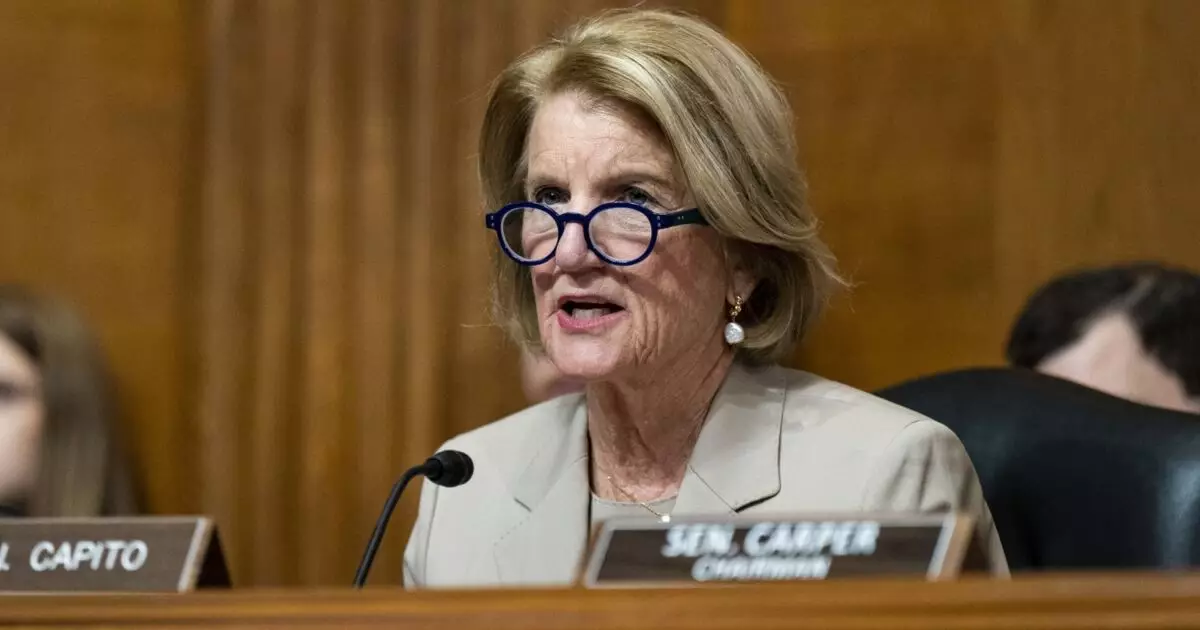The Francis Scott Key Bridge in Baltimore is in need of replacement after being struck by a Singapore-flagged container vessel. However, the shortage of Federal Highway Administration emergency relief funds presents a significant challenge. As of June 25, there was a funding shortfall of over $3.5 billion, impacting projects in 38 states and territories stemming from more than 130 eligible events. This shortage could potentially impact the financial responsibility for the bridge replacement.
The Francis Scott Key Bridge is a toll bridge, which complicates the funding issue even further. Typically, state projects receive 80% reimbursement, while federal projects can qualify for up to 90% reimbursement. Maryland is seeking 100% reimbursement for the bridge replacement, citing past precedent in similar catastrophes. However, questions are raised about the use of federal taxpayer money to fully fund the replacement of a toll bridge.
Senator Ben Cardin of Maryland argues that the federal government should bear the total cost of the bridge replacement, pointing to instances where this has been done in the past for other disasters. The Key Bridge generated $56.8 million in toll revenues for Maryland in 2023, leading to discussions about the appropriate allocation of funds for the replacement project. Senator Shelley Moore Capito questions why American taxpayers should not have to contribute to the 10% cost share required by Maryland.
In response to the funding debate, Senator Cardin and Senator Chris Van Hollen have drafted legislation that would ensure any funds recovered through insurance claims would go to the federal government. Estimates suggest that insurance reimbursement could amount to $350 million. This proposed legislation aims to clarify the allocation of funds for the bridge replacement, ensuring that federal resources are maximized without penalizing the state of Maryland.
The Francis Scott Key Bridge replacement project presents complex challenges related to funding allocation and reimbursement. The shortage of Federal Highway Administration emergency relief funds, combined with the toll bridge nature of the structure, raises questions about who should bear the cost of the replacement. Legislation proposals aim to provide clarity and ensure that federal resources are used efficiently without unfairly burdening the state of Maryland. As discussions continue, finding a fair and equitable solution to the funding dilemma will be crucial for the future of the Francis Scott Key Bridge.

